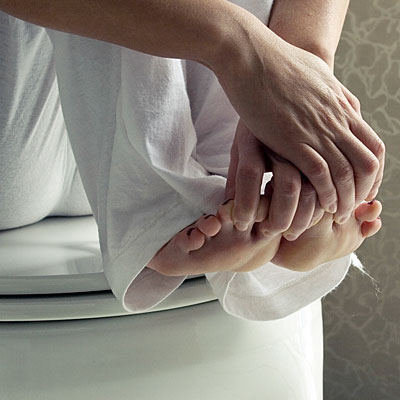
Know your facts
If you have overactive bladder, you may feel strong, sudden urges to urinate, even during the night. In the worst case scenario, this can cause urge incontinence, a loss of bladder control. OAB is different from stress incontinence—the type where you may leak urine if you cough, sneeze, or laugh. The more you know about OAB the better your chance of beating it.
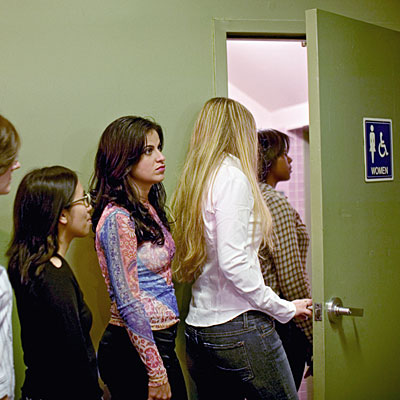
Don’t hold it
It’s important to go the bathroom when you need to. “Holding it” can actually stretch your bladder, making it difficult to empty it completely. But there’s such a thing as going too often. If you’re going more often than every hour or two, that’s probably too often and it might be time to make some lifestyle changes.
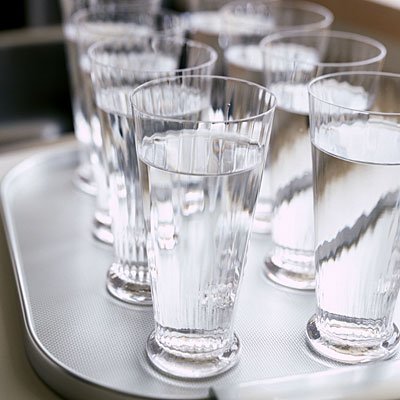
Don’t drink too much
The average person’s bladder can only hold about eight ounces of urine, so drinking too much liquid can make overactive bladder worse. Limit your total liquid intake—including beverages besides water, and watery foods like soup—to no more than 70 ounces a day.
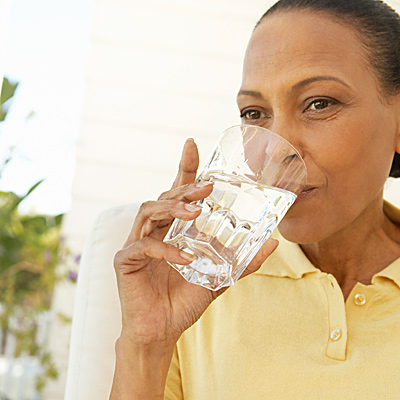
Don’t drink too little
On the other hand, drinking too little is bad too, because overly concentrated urine can actually irritate the lining of your bladder and yes, exacerbate OAB. Make sure you drink when you're thirsty, but downing 10 to 12 glasses a day (80 to 96 ounces) is probably too much. Try to consume liquids during daytime hours so you can avoid running to the bathroom at night.
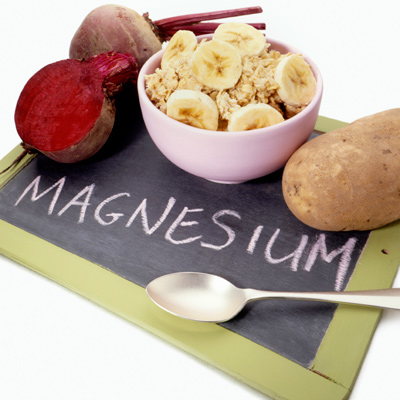
Don’t miss out on magnesium
Magnesium is a key mineral for proper muscle and nerve function, and some doctors believe it may help reduce incontinence because it reduces muscle spasms and allows the bladder to empty completely. Include magnesium-rich foods such as corn, potatoes, and bananas in your diet, but talk to your doctor before taking magnesium supplements.
http://www.health.com
 9:10 AM
9:10 AM
 About the World
About the World


0 comments:
Post a Comment